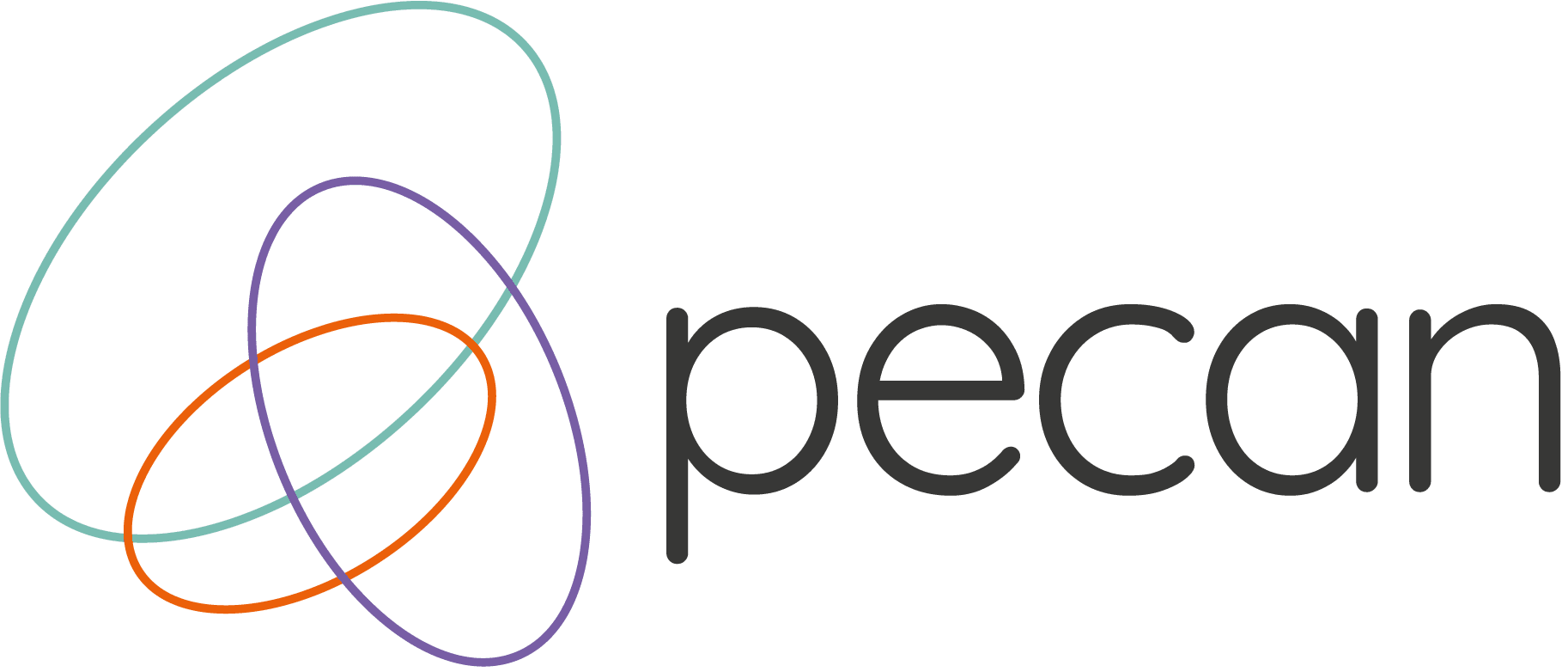
Strengths and performance
Strengths-based performance: a fad or your secret ingredient?
A philosophy we’re being asked about increasingly is that of strengths-based performance. People like the idea but question whether it’s really possible to build a culture that focuses on playing to natural talents and strengths, rather than developing ‘rounded’ people by chipping off the unhelpful edges.
This is a question I kept asking myself when training with Gallup earlier this year. I was learning to use their Strengthsfinder tool, prompted by a couple of clients who are keen to use it as part of a high-performance coaching programme for leaders and teams.
As you would expect, Gallup have a ton of data from organisations across the globe and the stats are compelling.
People who focus on using their strengths are three times more likely to report having an excellent quality of life. They are six times more likely to be engaged in their jobs.
People who learn to use their strengths every day have 7.8% greater productivity.
Teams who receive strengths feedback have 8.9% greater profitability.
People who work in the strengths zone
- Look forward to going to work
- Have more positive than negative interactions with coworkers
- Treat customers better
- Tell their friends they work for a great company
- Achieve more on a daily basis
- Have more positive, creative, and innovative moments
Copyright © 2013 Gallup, Inc
It’s no wonder that organisations are increasingly seeking to embrace this philosophy, especially with the growing focus on diversity, inclusion and wellbeing – all of which have at their heart a belief that differences are valued and authenticity is a necessary part of good health.
However, in unpacking real scenarios and coaching leaders to focus on strengths I couldn’t help but notice that a pure focus on strengths is unrealistic. When a leader has endless talents in strategy setting but struggles to build relationships this is a problem. When a team is overrun with influencing and relationship building talent but struggles to set direction or execute, this too is a problem.
For me, the magic is in blending talents across teams – often between unlikely people – to create partnerships that create a ‘bigger’ version of themselves and who, collectively, can exceed previous performance levels.
The other revelation has been the degree to which our talents reflect our needs. When these are unfulfilled we struggle to bring our best to the game. Appreciating our own talents and what this means about our conditions for success leads to meaningful, often transformational conversations between leaders and their team members.
All of this builds on work that we’ve been doing with clients for many years when building good to great organisations. So if you’re considering bringing a strengths-based approach to performance in your organisation, here are some questions to get you started.
Ask yourself and your Executive Team
- How aware are we of each other’s strengths and talents?
- How well are we using people’s talents now?
- How can we intentionally use them more, to improve engagement, wellbeing and performance?
- Which 2-3 talents can we dial-up to have a significant impact on performance?
- What do we know about the conditions different individuals need for high-performance?
- Where are our organisational blind-spots and what impact are these having?
- How can people partner with others around them to drive even better team performance?
We’d love to hear your experiences of creating a strengths-based culture. What has worked? Were there any limitations?
Borne out of 25 years’ experience of executive coaching and culture change, our approach accelerates performance, increases accountability and improves decision-making. Try our 100 Day Leadership Programme which combines individual and team coaching to powerfully shift behaviours at pace.
Find out how we can make a difference to your team by contacting us on 01280 824 508.
Image: Shane Rounce, unsplash.com
